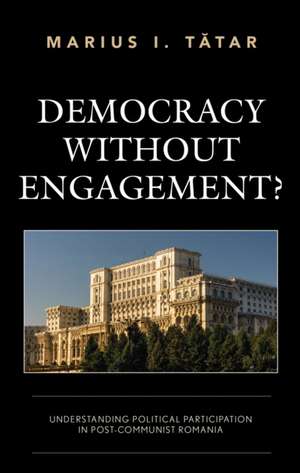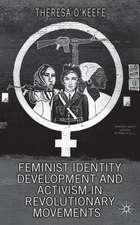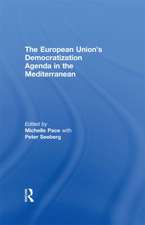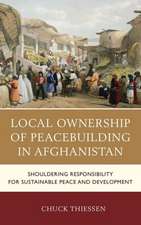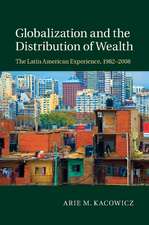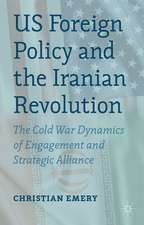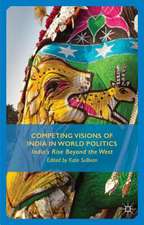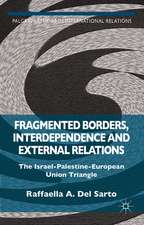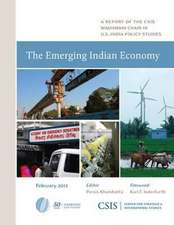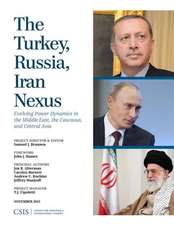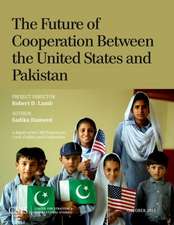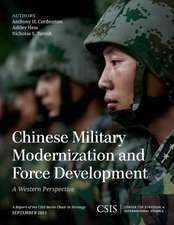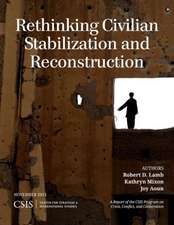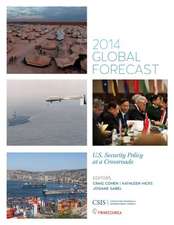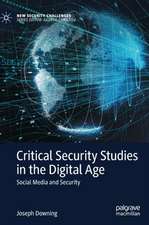DEMOCRACY WITHOUT ENGAGEMENT
Autor Marius I. Tataren Limba Engleză Hardback – 14 feb 2022
Preț: 651.32 lei
Preț vechi: 845.86 lei
-23% Nou
Puncte Express: 977
Preț estimativ în valută:
124.63€ • 135.80$ • 105.02£
124.63€ • 135.80$ • 105.02£
Carte tipărită la comandă
Livrare economică 23 aprilie-07 mai
Preluare comenzi: 021 569.72.76
Specificații
ISBN-13: 9781498535243
ISBN-10: 1498535240
Pagini: 274
Dimensiuni: 152 x 229 x 23 mm
Greutate: 0.51 kg
Editura: Rowman & Littlefield
ISBN-10: 1498535240
Pagini: 274
Dimensiuni: 152 x 229 x 23 mm
Greutate: 0.51 kg
Editura: Rowman & Littlefield
Notă biografică
Descriere
The author argues that the fate of democracy in post-communist Romania largely depends on the goals and methods pursued by various organizations and social networks. These primarily act as recruitment and mobilization agents and channel citizen participation into political actions that can both challenge and strengthen democracy.
